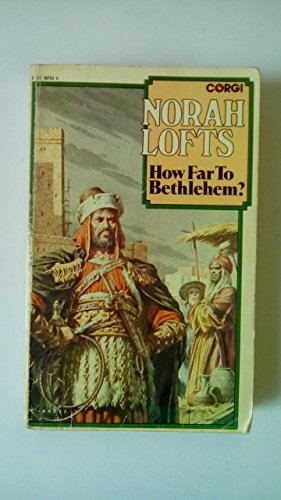

The author has thoroughly researched the tortures and humiliations of the camps and presents them in agonizing detail. While this novel has a rather extended conclusion, providing happy endings for many of the characters, it contains many pages of suffering, both physical and mental. Her only brief consolation is the spiritual support of Father (later Saint) Maksymilian Kolbe. Walking a tightrope between life and death, she experiences all the horrors of the concentration camp. Yet resistance is being organized, and Maria is part of it. Meanwhile she must stay alive in a place where death comes suddenly, often unpredictably, with a shot or the gas chamber, or slowly with typhus. Aware that he is responsible for killing her family, she keeps playing not only to beat him and keep his interest but with a strategy to punish him.

She is taken aside by the camp’s deputy commandant, also an expert chess player, to entertain him by playing a few games. Her parents, along with her young sister and brother, are shot. Here, by the fluke of dropping a chess piece she had been holding tightly, Maria is separated from them. In a careless moment she is arrested and severely beaten, and her whole family is taken to jail, then by prison train to Auschwitz. She is also a new member of the resistance, smuggling Jewish children to safety. Maria is a fourteen-year-old Polish girl, the eldest child of a loving family in Warsaw in 1941 and an expert chess player.


 0 kommentar(er)
0 kommentar(er)
